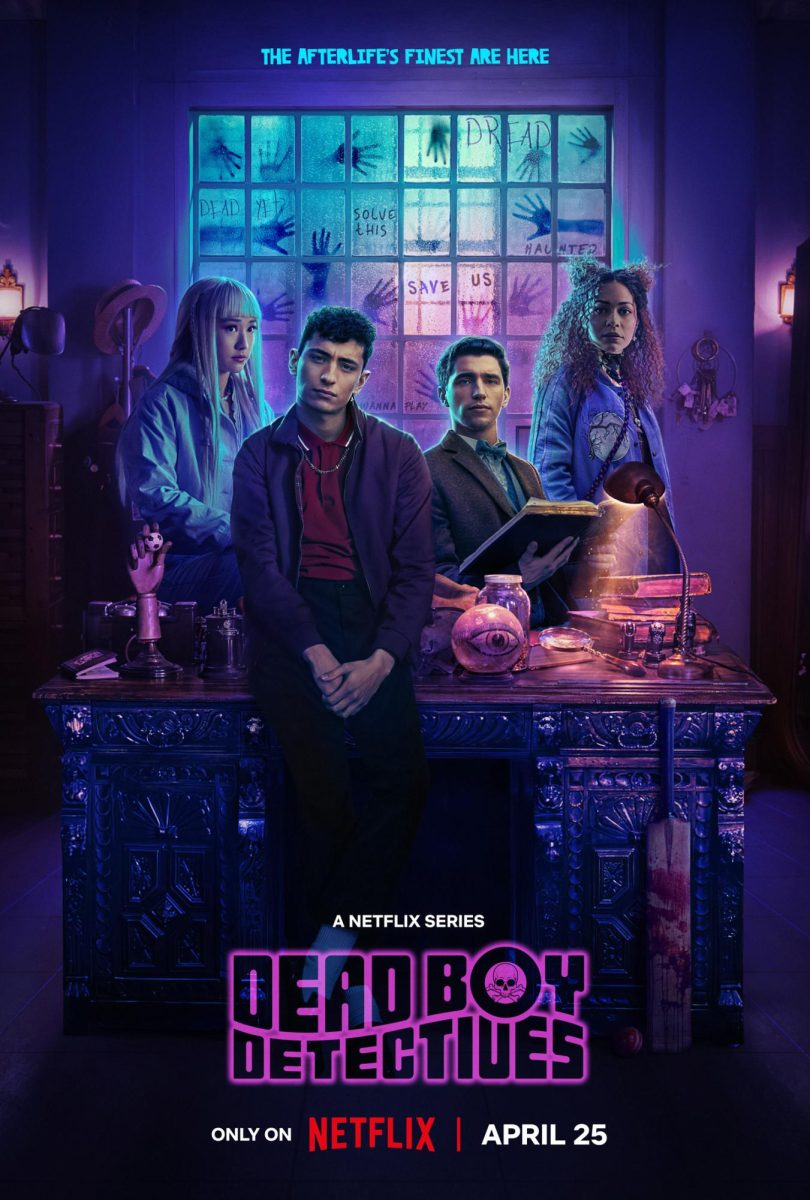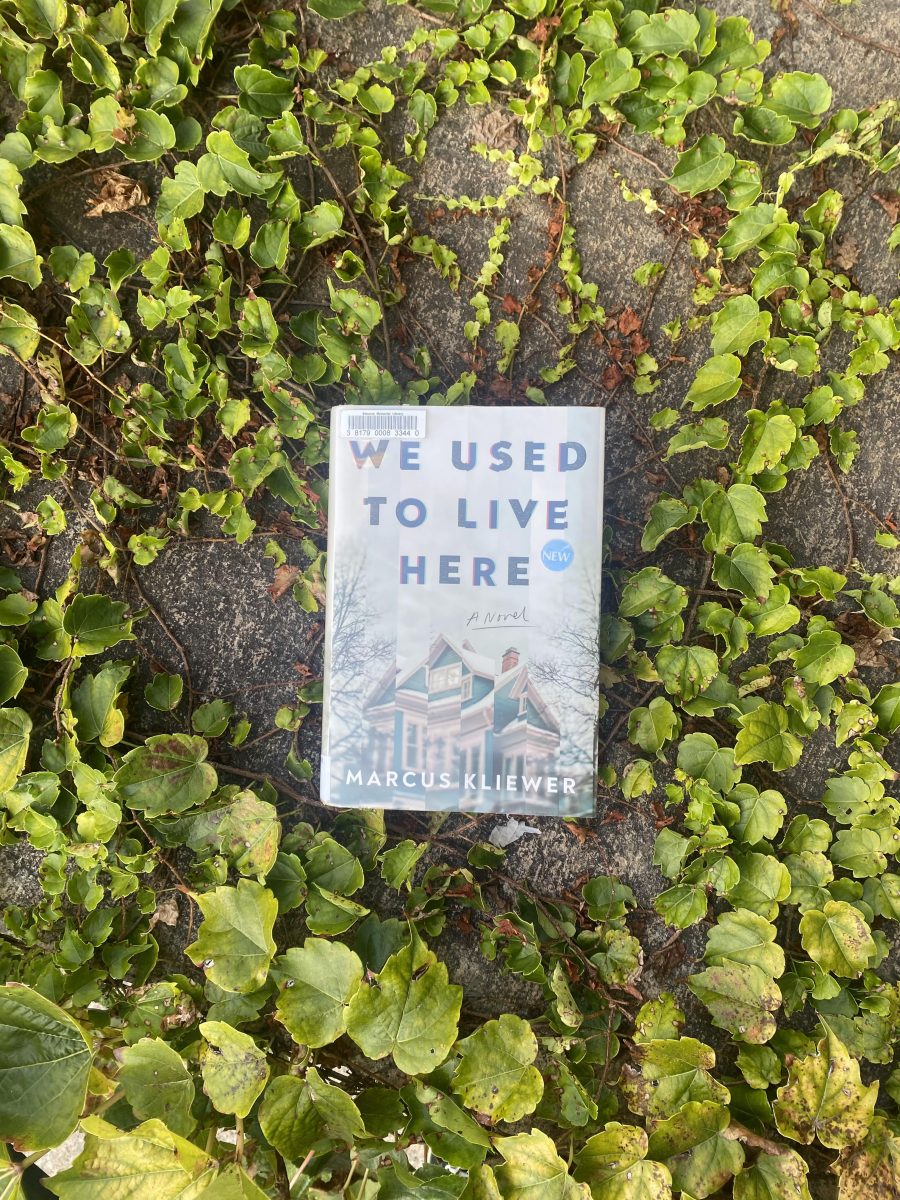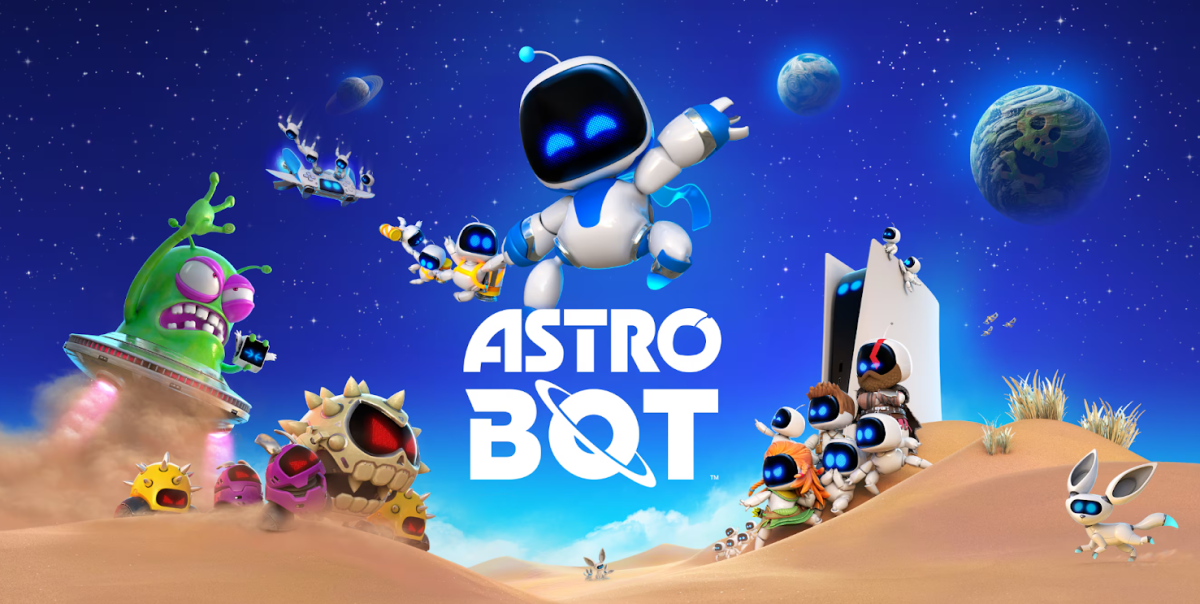By Matthew Gates
Early in the morning of Nov. 1, YouTube announced that it will be continuing to take away monetization on selected videos. The YouTube team believes that it will help advertisers by removing monetization of videos that have strong language, sexual humor, nudity, violence, and drug promotion. Many entertainers on YouTube can understand the reasoning behind these actions. However, there are many others who are concerned that their freedom of speech will be affected.
A YouTube associate and YouTube user, Philip DeFranco, said in an interview, “While our policy of de-monetizing videos due to advertiser-friendly concerns hasn’t changed, we’ve recently improved the notification and appeal process to ensure better communication.” But YouTubers, including DeFranco, have claimed that YouTube has been demonetizing videos without telling the account owner prior to YouTube’s announcement. DeFranco commented, “This is even more concerning to me because that means for at least several months, videos have been getting blacklisted and having their ads removed, while the user most likely would never know.”
YouTube now indicates that, when a video has been demonetized, a yellow dollar symbol appears next to the user’s video, along with an email sent to users that explains the reasons for demonetization, such as copyright issues within the user’s video. There are also links to YouTube’s appeal process under each demonetized video in order to ensure that the users can access appeals with less difficulty. These changes have revealed questions that many YouTubers were not aware of, such as what is okay for users to say on Youtube if they want to cover specific topics? DeFranco states, “Those who had their videos taken down for months and have been able to fight the appeal process which allows their video to be reinstated were missing out on ad revenue due to false demonetization and most likely won’t make that money back.”
Many YouTubers say they have lost a lot of money due to YouTube’s poor notification of de-monetizations. Alyssa Bentley, who makes makeup tutorials on YouTube, felt as though she has been undercut by YouTube and said, “ I never thought that by swearing once, in such a minor way in one of my videos, that it would be demonetized.” She also expressed that “it seemed very sneaky to de-monetize my video without notifying me, but even worse when they approved my appeal to allow ads to be played before my video because I lost four months’ worth of ad revenue without reimbursement.”
YouTube animator Mike Wayne said there were other problems with YouTube’s decision to de-monetize videos for strong language. “I make animations that use strong language all the time because it is what I do on YouTube,” Wayne said. “YouTubers like myself are being punished by removing ad revenue since there is a little bit of cursing, which just promotes censorship in a way.” He added that they’re either making him change what he can say through his work just to get paid or they’re making him leave YouTube because “they don’t agree with freedom of speech.”
YouTube attempted to explain their process when going about appeals for de-monetizing video. However, a lot of YouTubers are still unclear about the process. DeFranco noticed that one of his videos referencing drug abuse had been taken down. After the video was denied monetization, it became re-monetized – this confused him. Videos that only reference the dangers of drugs or give recent news related to sexual offenses are even experiencing de-monetization. Some YouTubers received ad revenue back on their videos, while others with similar criteria in their videos have continued to be declined. YouTube news vlogger Adam Valentine is one of these YouTubers who had their video taken down. Before YouTube’s changes to the demonetization policy, Valentine made a video about the death of Christina Grimmie. Valentine recently noticed that the video lost monetization. Confused, Valentine remarked, “While my video got denied monetization, some of my friend’s videos who covered this same topic were not demonetized at all.”
Since YouTube has over one billion active users each month, people believe that the company does not seem too concerned with how it impacts those who have not been able to claim ad revenue due to their policy. Some YouTubers, such as Valentine, have suggested that users should stop supporting YouTube because of its unfair policy: “Unless enough people stop using YouTube to where it actually has a negative impact in their numbers, they need to present to advertisers. YouTube has no incentive to change its monetization policy,” says Valentine. The golden days of YouTube could very well be over, but what is more concerning is that traditional media is going the way of the dinosaur. Why is it that the world’s second-largest search engine now only rewards creators that self-censor what topics they talk about and penalize the other creators using their freedom of speech?

A Banksy art piece.
Categories:
YouTube Takes Away Monetization on Select Videos
November 11, 2016
0





